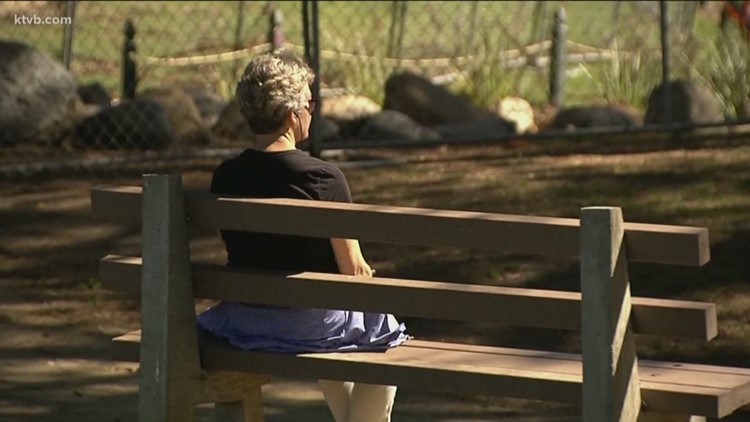MOSCOW, Idaho — A recent study conducted by the University of Idaho found that fear of the coronavirus and extended periods of quarantine can result in depression and other psychological effects.
A series of surveys conducted among 300 participants nationwide explored negative feelings respondents may have been experiencing and if they felt they were receiving the social support they needed.
Participants were also asked about their mask-wearing habits as well as their perception of mask effectiveness.
Results showed that those who spent longer periods of time in quarantine also reported more feelings of depression and, in some cases, symptoms of PTSD.
"Fear surrounding COVID-19 largely predicted negative psychological health and was significantly correlated with PTSD symptoms, depression, anxiety and stress," U of I assistant professor of psychology Clarissa Richardson said. "Yet, those with higher fear also were more likely to engage in precautionary behaviors than those with lower fear."
Surveys also showed that a person's political affiliation can predict whether they will adopt precautionary measures to prevent spreading the virus.
"Political affiliation predicted engagement in precautionary behaviors, with Democrats significantly more likely to quarantine, physically distance, wear a mask and believe in the effectiveness of masks than other party affiliates," Richardson said.
The research from this study could be used to reach a broader audience with current data on mask effectiveness and to create mental health resources for those that have been in quarantine for long periods of time, according to Richardson.
Facts not fear: More on coronavirus
See our latest updates in our YouTube playlist:



